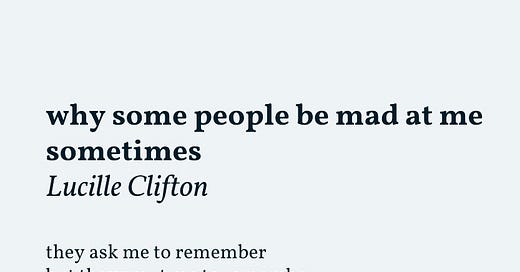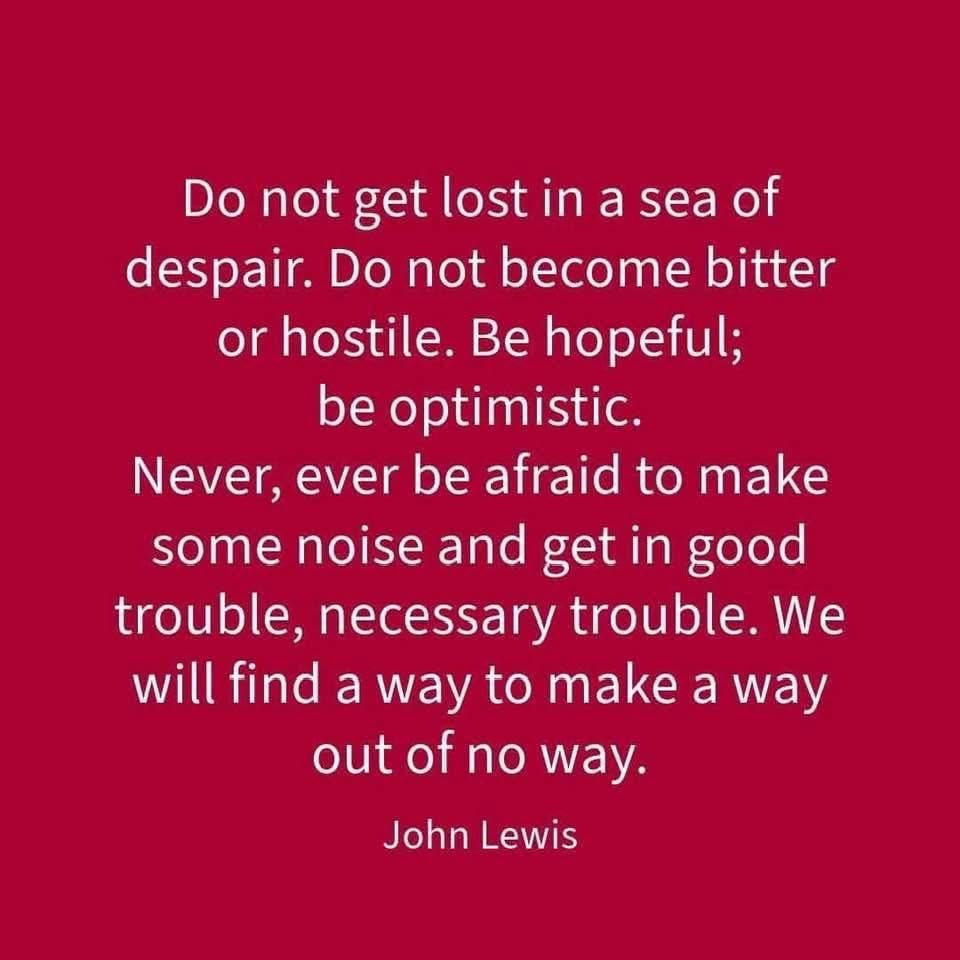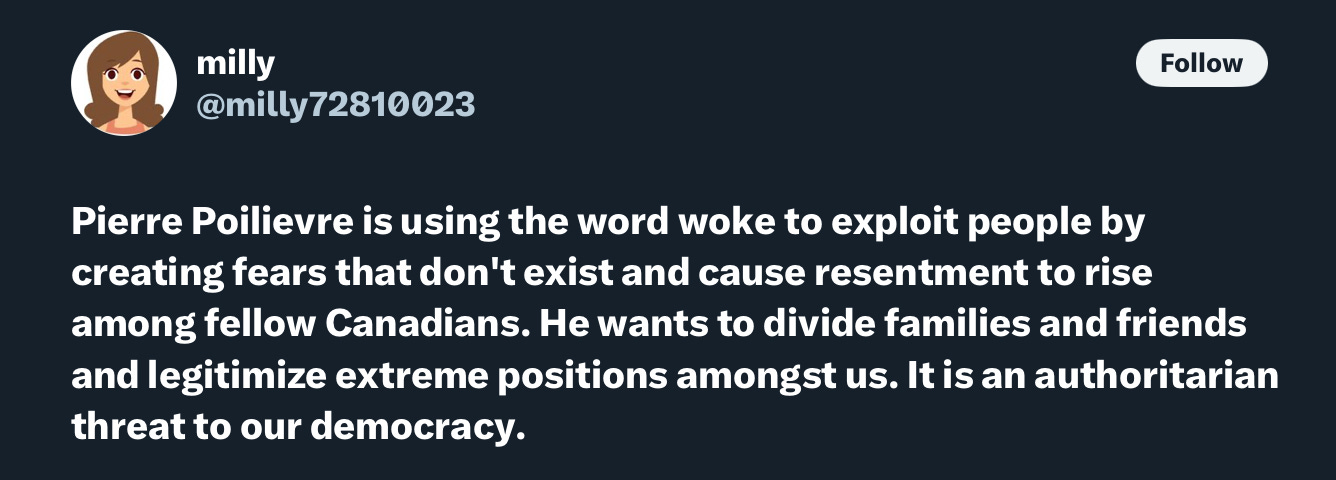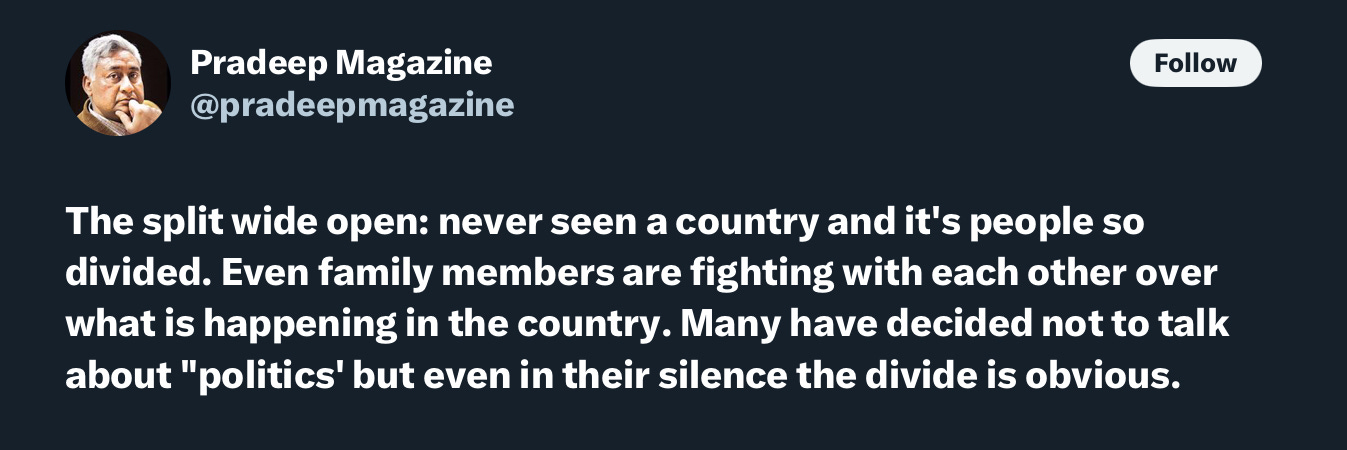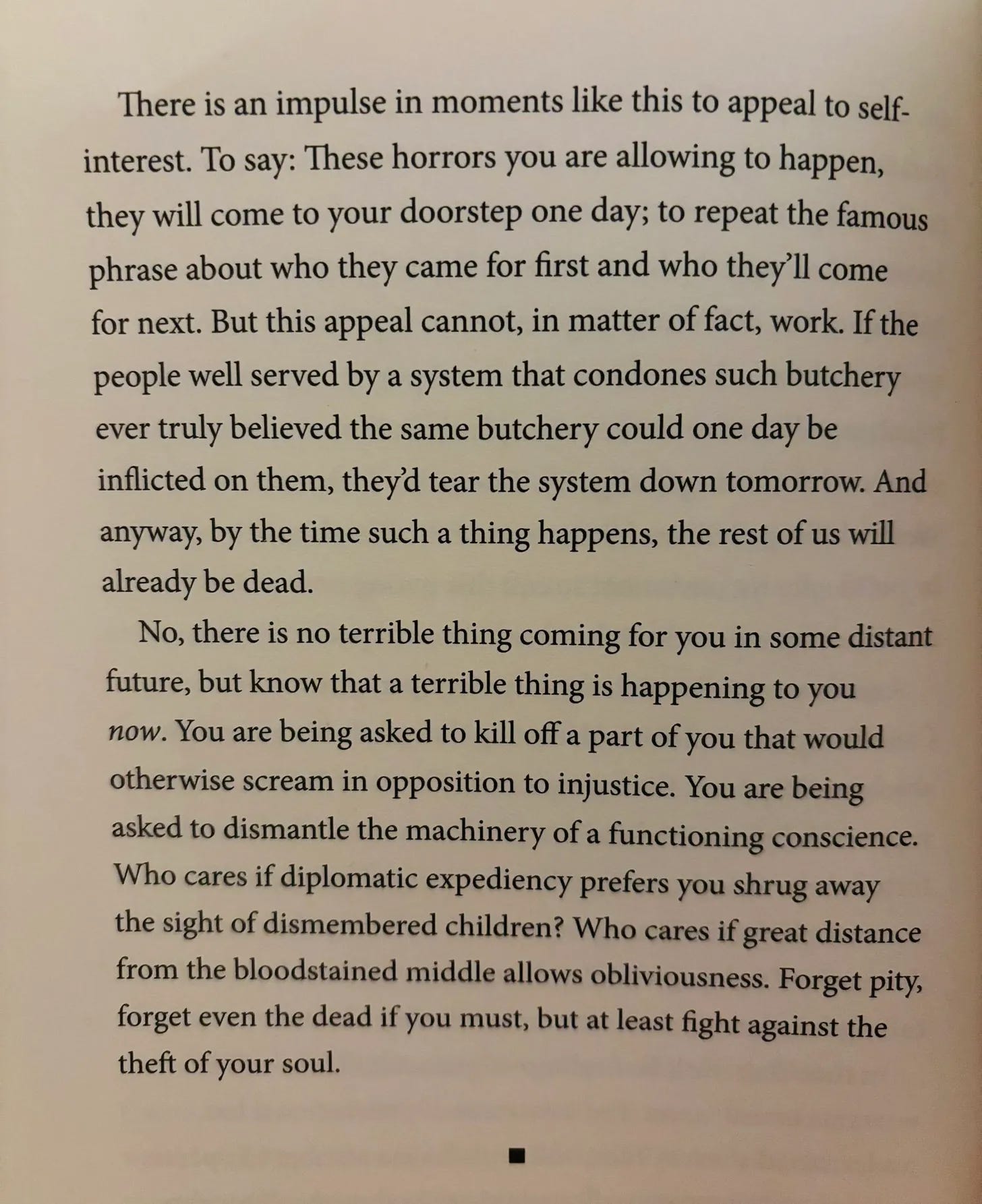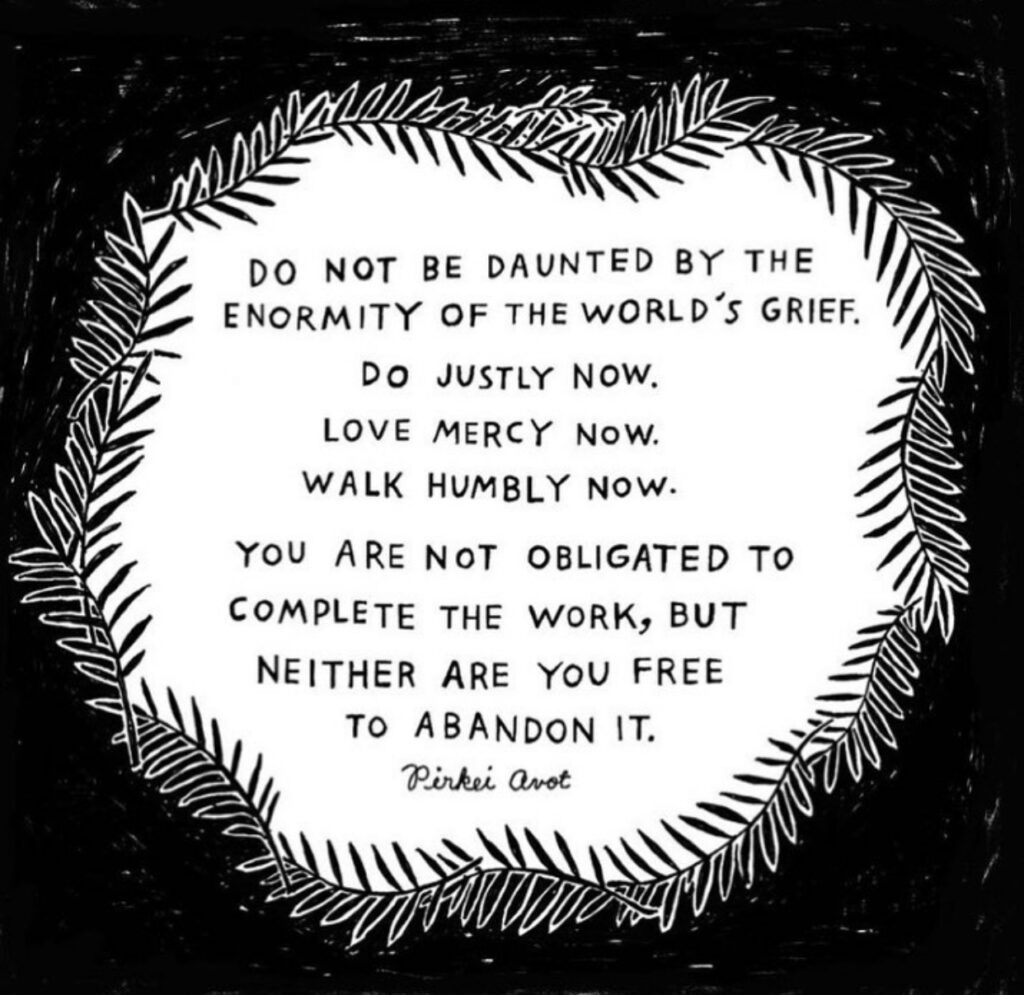A tweet did big business recently. It was posted by a woman whose son was no longer talking to her because she’s a fervent Trump supporter. Lots of commenters – assuming they weren’t bots – decried cutting family ties over politics.
A few years ago, a friend of 32 years cut me dead. I’d not long since returned to live in the UK after seven years of working abroad. I was shocked at what I saw when I came back in July 2021.
I’d been visiting at least once a year and gradually noticed changes for the Dickensian. But being back for good was truly an eye-opener. The obvious increases in homelessness and decay, the decreased social cohesion and care, could no longer be ignored. Between austerity, Brexit, and Covid, the country was visibly withered, tense, and troubled to now-outsider eyes. Looking back, I didn’t know the half of it.
Most troubling to me was the apathy I witnessed about it all. Not so much resignation in people, but them ignoring it. Ignorance, bliss, etc. Having learned nothing from history about being part of the problem/solution.
I posted about it on Facebook, positing that perhaps 10% of people really cared, were troubled or outraged, would try to do something. That 10% would burn it all down if they could warm their hands on the flames. And the rest, the great majority, however kind and ‘lovely’ to those in their immediate circle and community, would keep walking their dogs and watching Strictly Come Dancing until the smoke reached their own street.
That while social media was great for keeping up with personal news and special interests, sharing beauty, and having a laugh, I would use it to be ‘political’ sometimes even if that caused discomfort to those who didn’t want to know. That they could unfollow me if they didn’t like that. If they didn’t ‘do politics’.
Well, as I said, one very old friend did just that. She did walk her dogs and watch Strictly and took it very personally. But so do most people I know (including, at that time, me, albeit as a house-sitter caring for other people’s pets). I wasn’t thinking about her when I wrote the post but it obviously struck a raw nerve.
In the four years since, Facebook has become a toxic cesspit of division and misinformation, either driving more people away from politics or sucking them into that morass. Between that and the endless ads and senseless content its algorithm pollutes my feed with, I don’t use it much anymore, for politics or anything else. I’m just about hanging in there because in many cases it’s the only way I have of keeping in touch with family and friends.
Like many I was raised on the notion that you shouldn’t discuss sex, politics, or religion in ‘polite company’. I felt badly for a long while that I seemed to have broken that rule on Facebook without knowing it even existed there. I no longer feel that way.
I’ve realised – especially after seeing what’s happened in the USA because of Trump and his crime family – that, actually, I don’t do politics either.
Because I no longer think anything is about politics, per se. As I’ve written before, it’s about psychology, on the institutional end. But when it comes to individuals, it’s quite simply about values. What values they hold, and what action they’re willing to take to uphold and defend those values.
All over the world, from Canada to India, New Zealand to Brazil, as ‘politics’ have become ever more divisive, familial and other relationships have perhaps never been so strained or broken. Red, blue, left, right – there have always been political divides in families and other social groups. The “I must find a way to tolerate that one racist uncle at Christmas” trope exists for a reason. But have divisions ever been so heated, or permanent, as now?
I regret losing a long friendship over apathy (though to be fair, it already had other issues and I don’t miss it much. People can grow apart in multiple ways). Over a lack of ‘political views’. But I’ll never regret a relationship lost over the holding of ‘political views’ that reveal a lack of positive values. It’s not about holding people up to an absurd idea of ‘purity’, but psychological and real safety. If you’re hateful about homosexuality, for example, you’re contributing in a very real way to marginalising and endangering my LGBTQIA+ friends.
It can be harder with family than with friends, of course – not least due to the complications and tensions it can cause for other family members. But at some point a line is breached. Why keep in touch with someone who thinks it’s fine to deport innocent people to concentration camps, attack trans people, or see women as lesser? Even if you share a long history and very similar DNA?
Breaking away from people whose views you find odious means, in one way, that those who seek to divide society score another win. But what’s the alternative?
Making nice with nazis at the dinner table will take part of your soul. And it’s not as if you’re going to be able to ‘bring them round’ over time. That’s similar to a domestic violence dynamic – one that never ends well. You can’t reason with the unreasonable. Having such people around poisons the well and all who drink from it.
I’m aware that in a way I sound as divisive as the grifting technofascists such division serves. Harsh, unforgiving, uncompromising. Perhaps I should do as Michelle Obama recommended and “take the high road”. Well, look how well that worked out. Is it any different in practice, in impacts and outcomes, than ‘turn a blind eye’?
Yes, we must work together to make a better world. But it’s unicorns and kittens to think you can do that with everybody. Diversity is an important value to me, which appears contradictory. People will hold different opinions, whether ill-informed or well-informed, based on their unique experience, and that makes the world more dynamic and interesting.
But I guess it comes down to Popper’s Paradox of Intolerance. There comes a point when just one thing about you matters to me. Do you care about other people (including those different to you in their characteristics), our planet, and animals? Or do you care about profits at all costs and despise that which you don’t understand?
If it’s the former, but you do nothing active to make those values real in the world outside your immediate circle, you’re little different in your impact to people who are the latter. But I can at least hold hope for you in your ‘good intentions’.
If it’s the latter?
The planet is dying, and they’re coming for desperate migrants, the neurodivergent, and disabled people again. If we don’t share values, what can we really have in common? There are 8.2 billion of us. You can afford to be choosy.
Pick a side.


